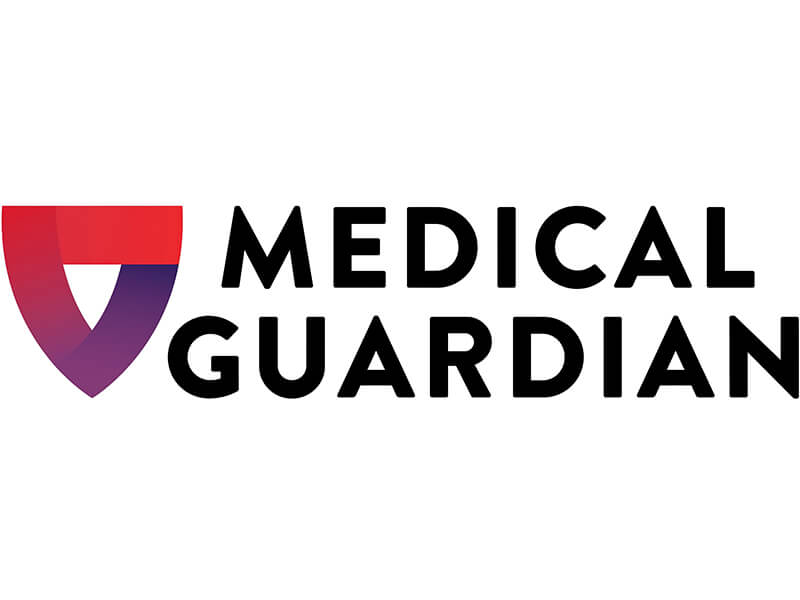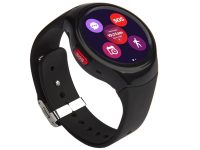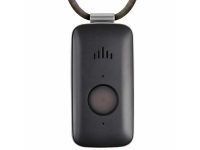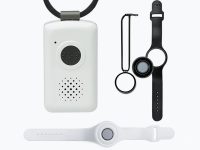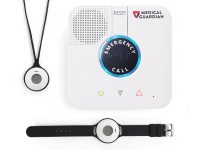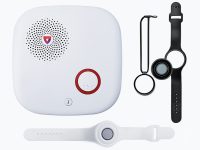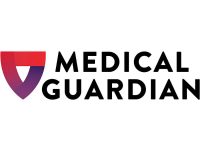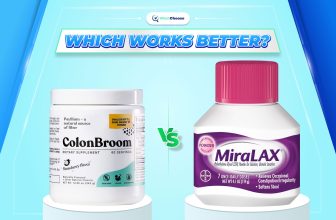Table of Contents
This post contains affiliate links. We earn an affiliate commission when you click our links to purchase products. It has no added cost to you.
Aging can come with many problems like poor eyesight, weak bones, sudden dizziness, and impaired balance. Either of them can lead to unexpected falls. Thus, medical alert systems were created to help seniors avoid being unnoticed during such emergencies and support the job of caregivers. In this blog, WhichChoose will look at Medical Guardian vs Medical Alert to see which is the better option. Keep reading.
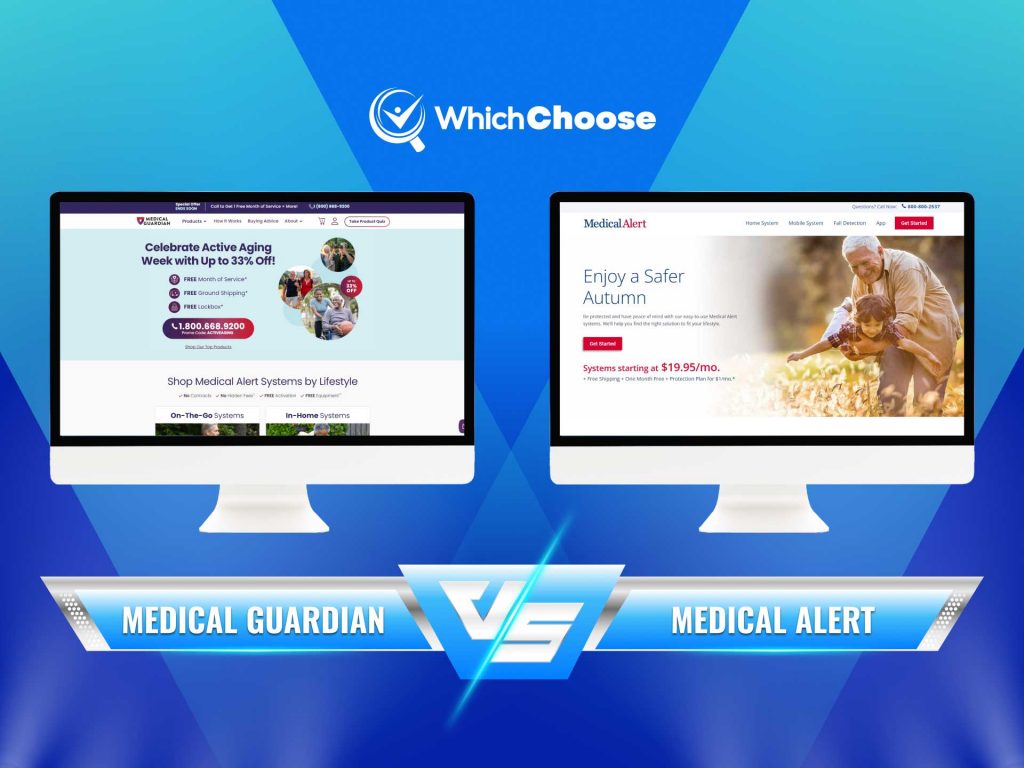
Medical Guardian Vs Medical Alert: Introduction
On-the-go systems
Five medical alert devices
Advanced technology
Optional fall detection
No contracts
Caregiver app
Medical alert Smartwatch
On-the-go systems
Categorized with three simple plans
Optional fall detection
No contracts
Caregiver app
1.1. Medical Guardian
The Medical Guardian alert systems provide medical alerting devices targetting older adults who are often alone. They are also people at risk of falling at any time under various health conditions. Besides, it can serve users of any age who frequently need urgent medical help.
Medical Guardian was founded in 2006 and, to date, has provided medical alert systems to 50 states in the US. With its headquarters located in Philadelphia and cutting-edge technology, the brand is TMA-Five Diamond certified and UL-rated. This shows that Medical Guardian guarantees industry quality and is nurtured by the hands of outstanding expertise.
The company offers Home Systems and On-the-go Systems. For Home Systems, they have MG Move, Mobile 2.0, and Mini Guardian. For On-the-go Systems, they have Home 2.0 and Classic Guardian.
Track your daily progress
Social Circle Apps to stay in touch
Crystal clear 2-way speaker
Advanced location tracking
Continuous monitoring services
Advanced hourly location monitoring
Access to the MyGuardian tool
1,300 ft of protection
32 hours of backup battery power
Access to the MyGuardian Portal & App
4G technology
1,400 ft of protection
Access to the MyGuardian Portal & App
1.2. Medical Alert
Medical Alert is another name in the medical alert device industry. People know it for its simple functions and compactness in terms of the necessary equipment only the elderly need.
Part of Connect America, Medical Alert is covered at 15 field service and support locations in the US. It offers three popular medical alert plans: Home system, mobile system, and fall detection.
Mobile app access
Emergency button
Two-way communication
24/7/365 help button
Medical Guardian Vs Medical Alert: Main Features
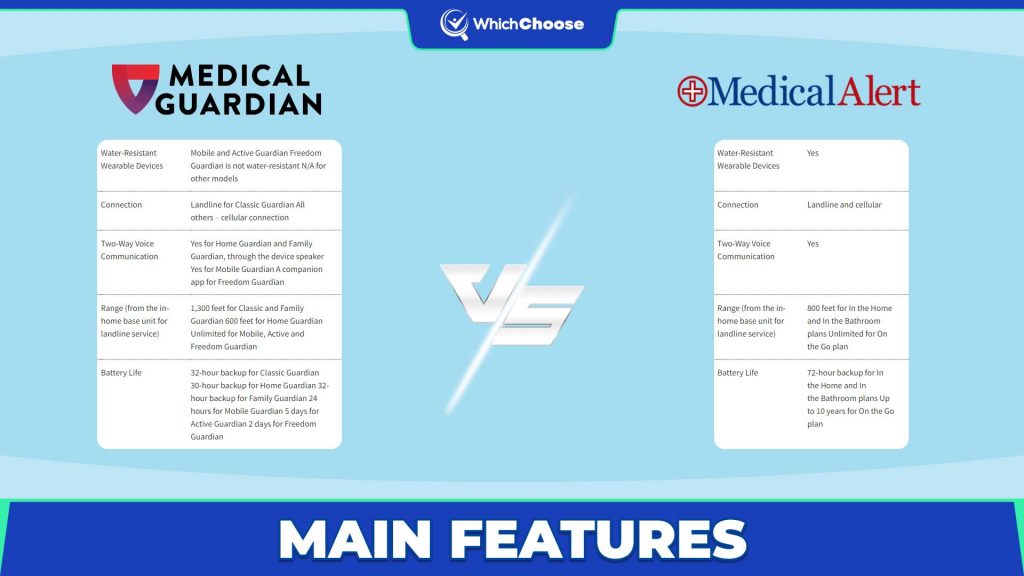
Here are some highlight features regarding Medical Guardian vs Medical Alert.
| Features | Medical Guardian | Medical Alert |
| Connectivity Option | Cellular or Landline | Cellular or Landline |
| Water-Resistant | Yes | Yes |
| Two-Way Communication | Yes, the speaker & microphone | Yes, the speaker & microphone |
| Button Range | 500 ft, 1300 ft, or 1400 ft | 800 ft |
| Battery Life | 32 hours for home-based backup battery life. 120 hours or 24 hours for on-the-go battery life. |
30 hours for home-based backup battery life. 120 for on-the-go battery life. |
| GPS Tracking | Yes, for Mobile 2.0 and Mini Guardian. | Yes, for Mobile System |
| Caregiver App | Yes | Yes |
| Response Time | 20 seconds | 30 seconds |
Medical Guardian Vs Medical Alert: Pros And Cons
With the above features, we can see that Medical Guardian is slightly more promising than Medical Alert regarding button range, battery life options, and response time. They are all critical factors.
Nonetheless, to give you a better picture, here is a comparison of the two medical alert systems’ pros & cons.
Freedom Guardian serves as a smartwatch with full capabilities.
The MyGuardian caregiver app is paired with most alert systems.
All devices are water-proof except for the Freedom Guardian smartwatch, all devices are waterproof.
Purchasers can get discounts on semi-annual and annual payment plans.
No device insurance.
Fall detection does not come in all plans.
Lightweight low-profile help buttons.
The 365Access Caregiver App is available with all systems.
The On-the-go systems are pretty cumbersome with a portable base unit, a speakerphone, and a pendant/wrist-worn help button.
It does not provide a medical alert smartwatch.
The pricing structure is vague and complicated.
Product specifications and benefits are not clarified on its official website.
Medical Guardian Vs Medical Alert: Who Should Use?
4.1. Medical Guardian
Medical Guardian is the best choice for those looking for a comprehensive medical alert system because of its coverage range of 1,300 to 1,400 feet from the base unit. We discovered from customer reviews that most of its users enjoy spending time in the garden, yard, or neighborhood.
When an emergency occurs, they can be precisely located by the GPS and therefore receive immediate assistance. Furthermore, the MyGuardian app assists caregivers in identifying alarm information on their smartphones.
4.2. Medical Alert
Medical Alert functions similarly to Medical Guardian, but the target users may differ. The majority of Medical Guardian vs Medical Alert reviews do not mention this.
With all Medical Alert devices having a button range of only 800 feet, their users should primarily stay in their own homes all day without their caregivers. It’s also a good option for budget-conscious seniors who don’t need many tools and features.
Medical Alert And Medical Guardian: Contracts
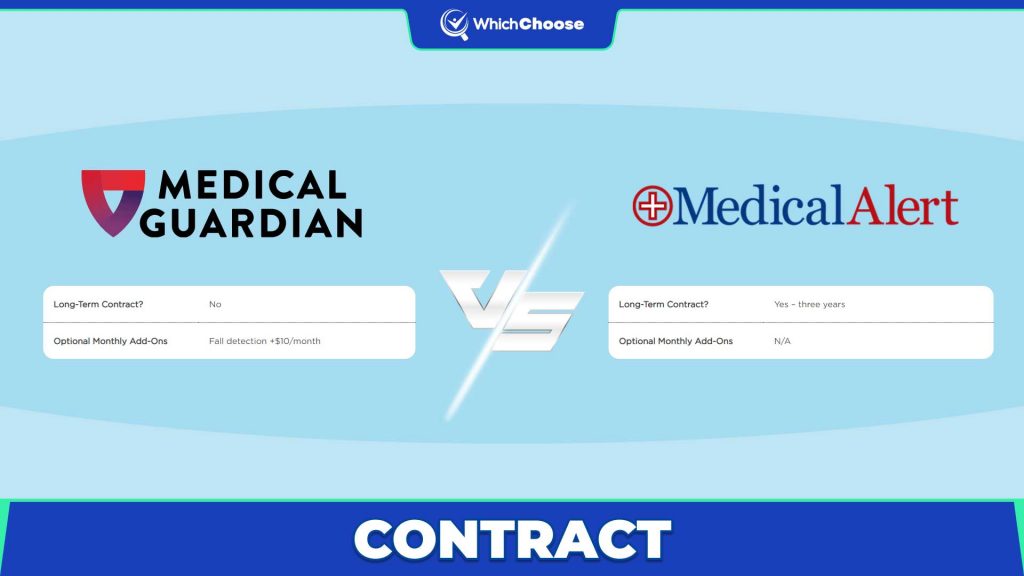
Overall, there is no noteworthy difference between Medical Alert and Medical Guardian when it comes to contracts. Both require no long-term contracts, which is good news for new customers.
Medical Guardian Vs Medical Alert: How Much Do They Cost?
With Medical Guardian, you spend up to $99 for the up-front equipment cost. Meanwhile, this is $0 with Medical Alert.
Regarding monthly monitoring costs, Medical Guardian requires somewhere between $29.95 and $79.95 while Medical Alert requires from $22.95 to $37.95.
As earlier pointed out, both companies require no long-term contract or activation fees. However, with Medical Guardian, you can optionally spend:
- +$10/month on compatible devices/systems for fall detection.
- +$2/month for lockbox.
- +$2/month per button for wall-mounted help buttons.
- $5/month per button voice-activated wall buttons.
Meanwhile, with Medical Alert, you have only two options for monthly add-on services:
- +$5/month for a device protection plan.
- +$10/month for fall detection.
Comprehensive coverage range (up to 1,400 ft.)
Medical alert smartwatch
Refund guarantee on months of unused service
Pricing for budget-conscious customers
30-day refund policy
All in all, Medical Guardian vs Medical Alert – which is better? We recommend Medical Guardian for its more comprehensive coverage range of up to 1,400 ft., which warrants high safety for seniors and a close eye on caregivers.
In addition, we believe the pricing should not be a thing here; taking a closer look, the difference in those fees is insignificant after all. We also love that Medical Guardian comes with a medical alert smartwatch with full capabilities, which the Medical Alert company does not provide.
For all the above reasons, WhichChoose picks Medical Guardian as the winner in this Medical Guardian vs Medical Alert review. Although both share the general benefits and some features in common, only the winner offers what most users need in the 21st century.
WhichChoose is the website products and services review that helps users in the world to find what the best is and shop easily.


